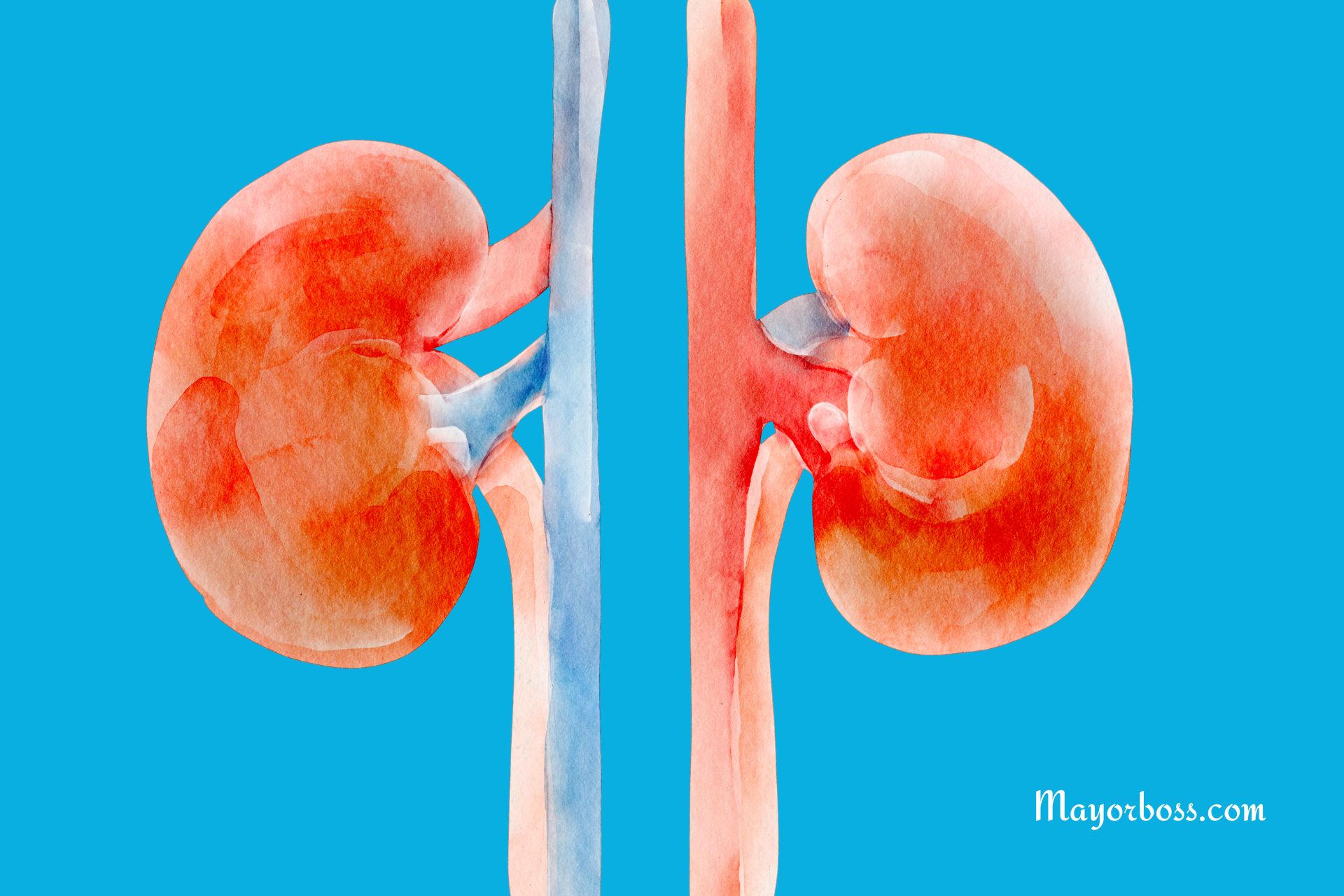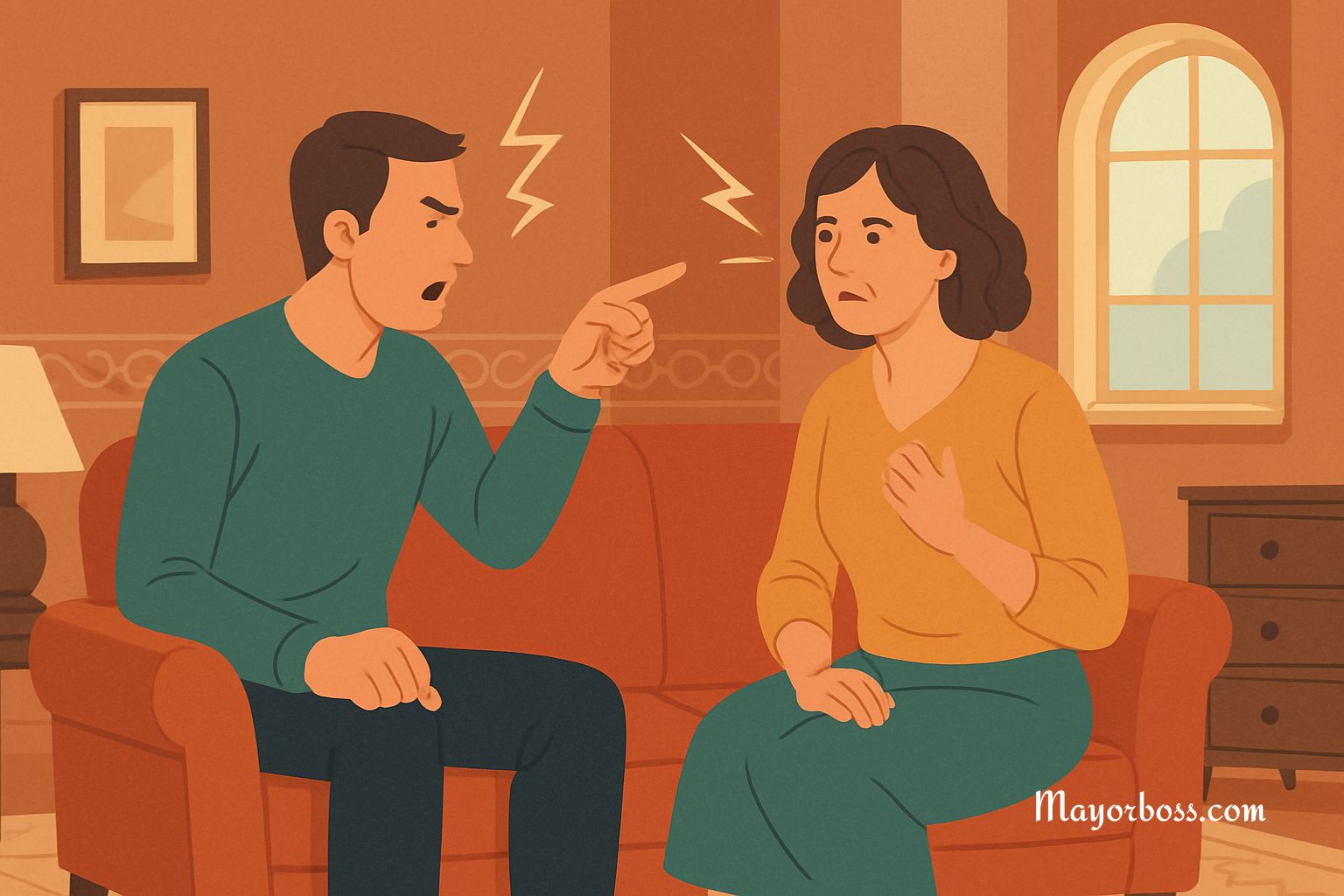6 Things Stress Can Do to Your Body
Stress — it’s something we all encounter, whether from work, family life, or even day-to-day activities. You probably know that too much stress isn’t good for you, but you might not realize the full extent of what stress can do to your body. Here’s a closer look at six ways stress can affect your physical health.
1. Impact on Your Cardiovascular System
The first thing to note is that stress can have significant effects on your heart. When you’re stressed, your body releases adrenaline, which increases your heart rate and blood pressure. While this is a normal response in the short term, chronic stress can keep your heart working harder for longer periods. Over time, this could contribute to hypertension (high blood pressure) and other cardiovascular problems.

2. Weakening of Your Immune System
Stress also impacts your immune system. Prolonged periods of stress can cause your immune response to become weaker, making you more susceptible to infections and illnesses. That’s why you may find yourself getting sick more often when you’re dealing with constant stress.
3. Digestive Issues
Your gut and brain are closely linked, so it’s no surprise that stress can disrupt your digestive system. This can lead to issues such as heartburn, stomach cramps, nausea, and even irritable bowel syndrome (IBS). Chronic stress may also contribute to the development of more serious conditions, like ulcers or gastroesophageal reflux disease (GERD).
4. Impairment of Your Respiratory System
When you’re stressed, your breathing can become quick and shallow. For most people, this won’t cause any significant problems. However, if you have a pre-existing respiratory condition like asthma or COPD, stress could exacerbate your symptoms and make breathing more difficult.
5. Impact on Your Muscular System
Ever felt a tension headache or a knot in your neck after a stressful day? That’s because stress leads to muscle tension. While this usually goes away once the stressor is removed, chronic stress can lead to ongoing tension and associated pain, particularly in the neck, shoulders, and head.
6. Disruption of Your Sleep Patterns
Believe it or not, stress can wreak havoc on your sleep. It might keep you awake at night with racing thoughts or cause you to wake up in the early hours of the morning. Over time, poor sleep can lead to fatigue, lowered immune function, and mood disorders such as anxiety and depression.
In conclusion, while some stress is normal, ongoing, chronic stress can have serious physical health implications. Therefore, it’s crucial to incorporate stress management techniques into your daily life. This could include exercise, meditation, deep-breathing exercises, maintaining a balanced diet, getting adequate sleep, and taking time for leisure activities. Remember, it’s not just about managing stress — it’s about building a healthier, more balanced life.
Further Reading: 7 Things You Can Do to Get Rid of Stress






